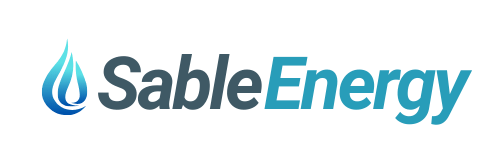API Report Highlights Growing Global Adoption of Standards
The American Petroleum Institute (API) has published its ‘2025 API Standards International Usage Report,’ showcasing the increasing global adoption of API standards. The report underscores API’s expanding international footprint by detailing how governments and standards bodies integrate these standards into policies, technical regulations, and national and international frameworks, reinforcing their role in enhancing safety, sustainability, and efficiency in the natural gas and oil sector.

Key Findings from the 2025 Report
The report assesses API standards’ application across 40 international markets and their integration into the International Organization for Standardization (ISO) standards. Key highlights include:
- Expanding Global Reach: The report documents 1,395 references to API standards in laws, regulations, technical guidance, and national standards—marking a 20% increase from the 1,102 references recorded in the 2022 analysis.
- ISO Integration: API standards are referenced 379 times within ISO standards, highlighting their growing international influence.
- Industry-Wide Application: API standards are widely utilized across all industry segments, with 37% in upstream activities, 29% in downstream operations, and 17% in both midstream transportation and specialized areas such as petroleum measurement, fire safety, and environmental protection.
- Geographical Adoption: The highest number of API standards referenced in technical regulations were recorded in Indonesia (149), Canada (106), Brazil (99), India (90), Mexico (86), Equatorial Guinea (84), and South Korea (64), illustrating API’s strong presence worldwide.
These findings highlight API standards’ role in harmonizing global regulations, reducing trade barriers, and fostering technological innovation, thereby enhancing the energy industry’s ability to meet growing global demand.
Methodology
API selected 40 markets based on industry presence, growth potential, and regulatory frameworks. The analysis involved reviewing publicly available laws, regulations, national standards databases, and industry practices. Given that many references exist in non-public sources, the actual adoption and usage of API standards are likely even more extensive.
By continuously expanding its reach and ensuring alignment with international best practices, API remains a key driver in shaping a more standardized, efficient, and sustainable energy industry.




